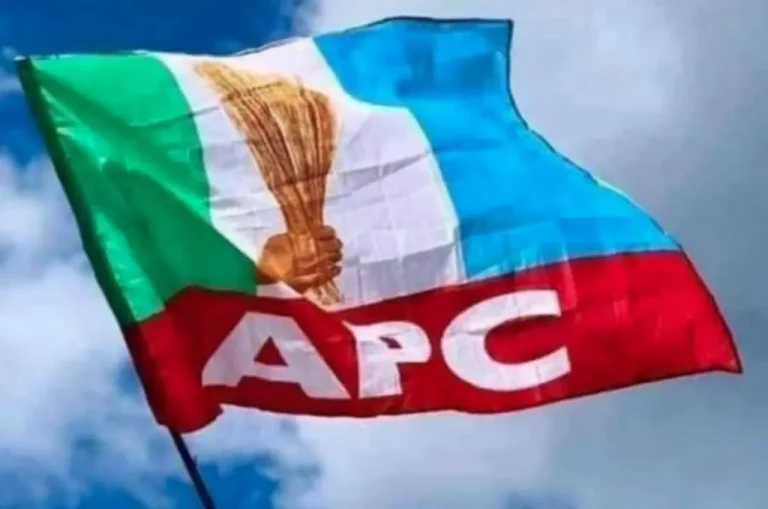
Stakeholders have backed President Bola Ahmed Tinubu’s ban on foreign goods, noting that it would boost Dangote Refinery, Innoson vehicles manufacturing, and other indigenous businesses amid the slipping Nigerian economy.
The Chief Executive Officer of the Centre for the Promotion of Private Enterprise (CPPE), Muda Yusuf, the CEO of SD & D Capital Management, Gbolade Idakolo and the Board of Trustees Chairman of the Coalition of South-South Chambers of Commerce and National President Petroleum Products Retail Owners Association of Nigeria, Billy Gillis-Harry, made their stance known in separate interviews with journalists on Monday.
This is following the decision by the federal executive council chaired by President Bola Ahmed Tinubu at the presidential villa on Monday to ban foreign goods.
It had been reported that one of the decisions reached by the FEC was a ban on the procurement of foreign goods or services by federal government ministries, departments, and agencies.
Announcing the development, the Minister of Information and National Orientation, Mohammed Idris, told journalists at the presidential villa that the initiative, tagged the Nigeria First Policy, is aimed at strengthening the country’s economy by prioritising locally manufactured goods and services.
“The Nigeria First policy is expected to become the cornerstone of the administration’s economic strategy, especially as the government pushes forward with its industrialisation agenda and import-substitution goals,” he said.
Minister Idris said to give legal backing to the policy, the Attorney General of the Federation and Minister of Justice has been instructed to draft an Executive Order.
With the policy in place, domestic manufacturers and producers such as Dangote Refinery, Sugar, Innoson Motors, and others would now have an edge over their foreign competitors.
By implication, the policy, if drafted into an executive order and implemented, would further lead to a drastic drop in import bills, which stood at N16.6 trillion in the last quarter of 2024.
The policy drive comes as the International Monetary Fund’s World Economic Outlook estimates Nigeria’s gross domestic product at $253 billion based on current prices this year, lagging behind energy-rich Algeria at $267 billion, Egypt at $348 billion, and South Africa at $373 billion.




